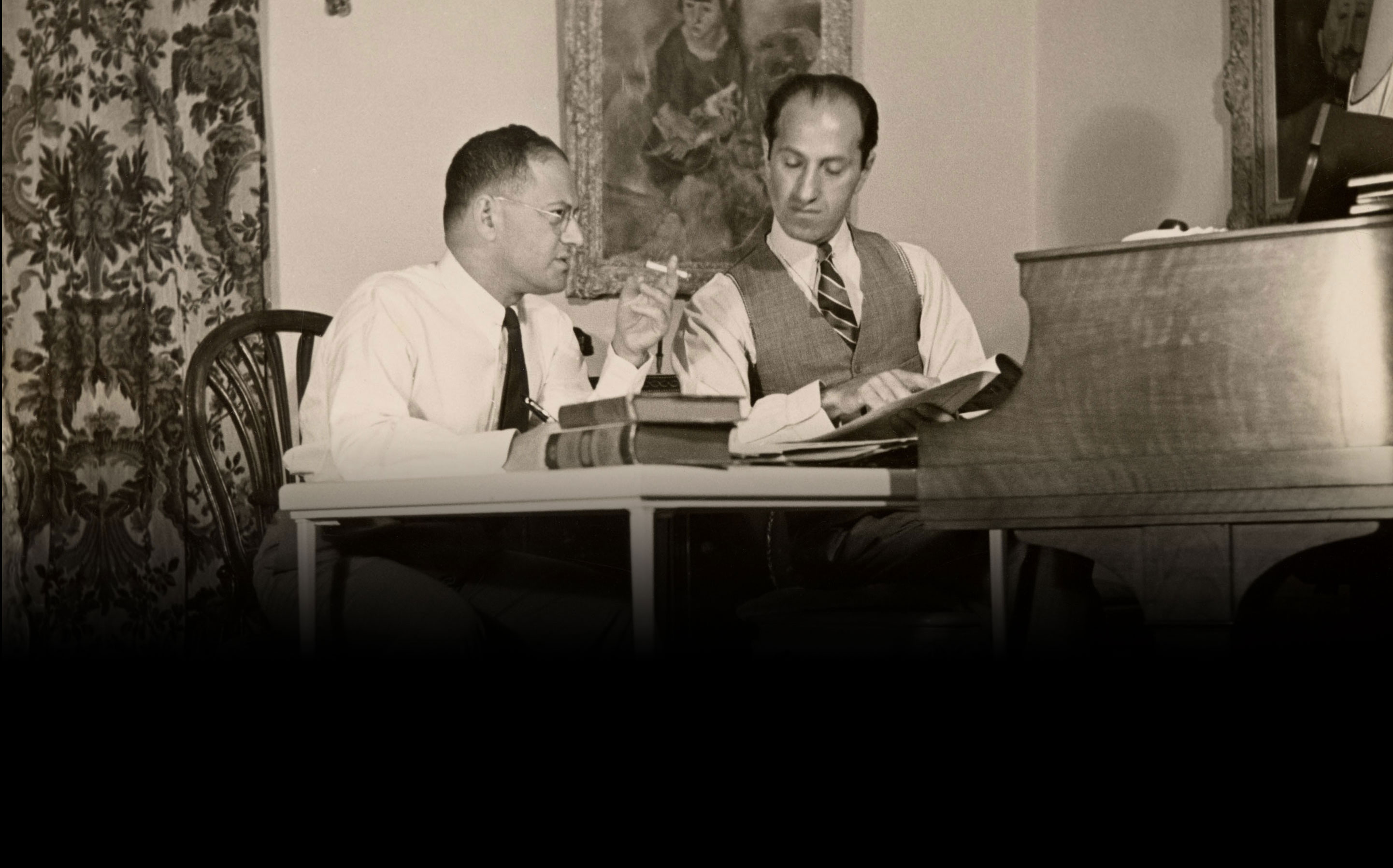Language in Porgy and Bess: The Challenge of Representing Gullah
Following Heather L. Hodges’s fantastic guest post about the Gullah Geechee culture that the Gershwins and Heywards portray in Porgy and Bess, we turn to one of the opera’s most contended aspects: its treatment of the Gullah language. In this post, our managing editor, Andrew S. Kohler, explores how the work’s text came to be so far removed from Gullah, and how future performances may approach the inconsistent libretto so as to give Gullah culture and language the respect they are due. The language of Porgy and Bess is a far cry from that of the Gullah community of Charleston […]
